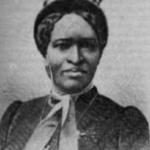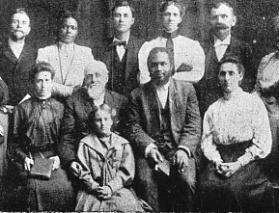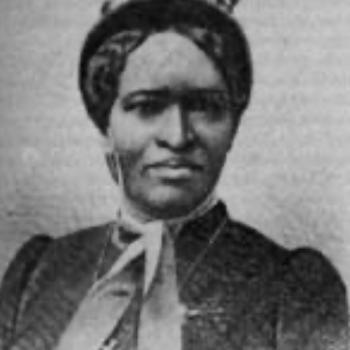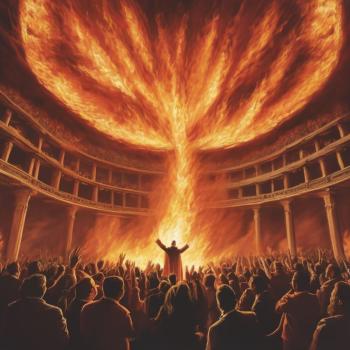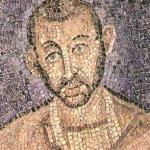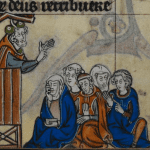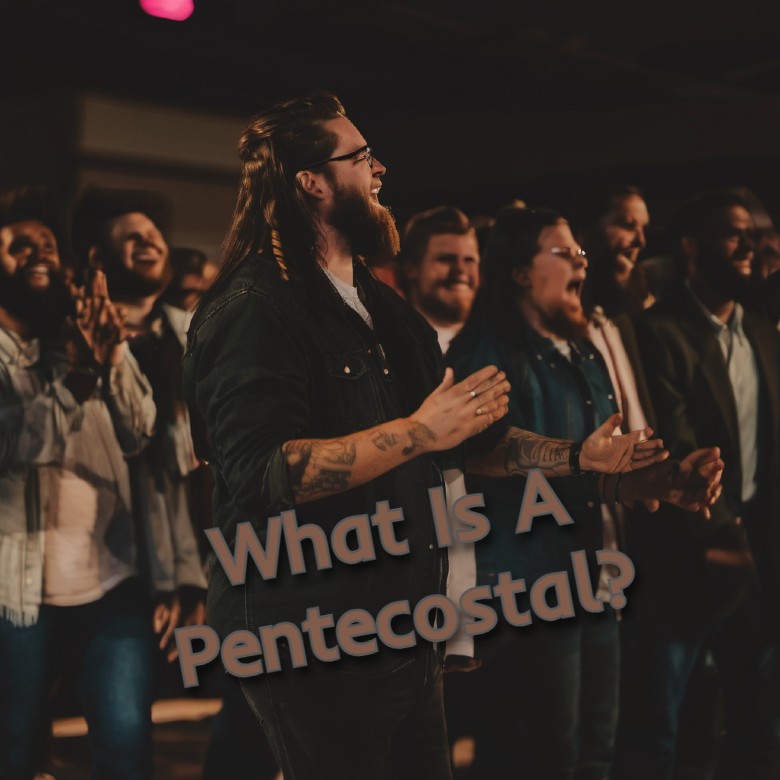
The question “What is a Pentecostal?” is not only a legitimate inquiry, but is also that with which many people who identify as Pentecostal continue to grapple. In its simplest form, a Pentecostal is any Christian who agrees the gifts of the Holy Spirit are in operation today. Sometimes such believers are also called continuationist.
For some such a simple definition is much too narrowing and, while they may identify as a continuationist, they would be highly cautious of being labeled Pentecostal. As I mention in my introduction article, Why The Spirit Life?, I took almost 50 years of grappling with my Pentecostal heritage to unapologetically identify as a Pentecostal. I simply was not comfortable being labeled with a movement that was often associated with emotionalism and theological ignorance. Over time I have realized that while some theological ignorance did exist, my own theological and historical ignorance was steadfastly in the way of the truth that is Pentecostalism.
Over the next few articles, I plan to dive into detail about the multifaceted distinctions among the differing continuationist groups, but for now it is very safe to say reiterate that a Pentecostal is a Christian who believes in the continuation of the gifts of the Holy Spirit today and, therefore, a continuation of miracles, signs, and wonders.
Why the word Pentecostal?
Pentecostal is a term adopted into Christianity from the Feast of Pentecost which was traditionally 50 days after Passover in the Hebrew calendar. As Christian traditions from the time of Constantine developed, Pentecost Sunday was celebrated 50 days after Easter Sunday and usually falls in May or June. Many mainline traditional denominations recognize Pentecost Sunday in their calendars, however, their understanding is more a nod to biblical history and tradition than the deeper meaning of the term Pentecostal for continuationists.
For a Pentecostal, the word is more deeply based in the life of Jesus and the early church. Jesus’ crucifixion and resurrection take place around the time of Passover. In fact, the Last Supper, as it is traditionally referred to, was Jesus celebrating Passover with his disciples. A study of Scripture shows that Jesus’ resurrection and ascension coincided with the Jewish calendar which place Pentecost as the next Jewish holiday.
In Acts 1, Luke writes to Theophilus of the accounts of Jesus and the disciples as he introduces the book of Acts.
“In the first book, O Theophilus, I have dealt with all that Jesus began to do and teach, until the day when he was taken up, after he had given command through the Holy Spirit to the apostles whom he had chosen. He presented himself alive to them after his suffering by many proofs, appearing to them during forty days and speaking about the Kingdom of God.” (Acts 1:1-3)
Luke accounts for 40 days of the timeline after Passover, the Crucifixion, and the Resurrection. He then continue by showing Jesus’ intention regarding the Holy Spirit in Acts 1:4-5,
“And while staying with them he ordered them not to depart from Jerusalem, but to wait for the promise of the Father, which, he said, ‘you heard from me; for John baptized with water, but you will be baptized with the Holy Spirit not many days from now.”
Luke goes on to explain that at his ascension Jesus says, “But you will receive power receive power when the Holy Spirit has come upon you, and you will be my witnesses in Jerusalem, in all Judea and Samaria, and to the end of the earth.”
Then in Acts 2, which is a hinge pin in Pentecostal beliefs, Luke begins the chapter, “When the day of Pentecost arrived, they were all together in one place.” (Acts 2:1) Thus, a Pentecostal sees the Day of Pentecost and the empowering moment of descension of the Holy Spirit on the believers as the birth of the Church, a Pentecostal church.
A Pentecostal Baptism
For many continuationist, baptism in the Holy Spirit has varying meanings. However, the Pentecostal movement that began in the early 1900’s looked back to this moment in Scripture as the roadmap back to what some would call a fullness gospel.
While many Christians, including Pentecostals, believed that the Holy Spirit was intricate to the salvation experience, their reading of Scripture had them questioning if they were missing this empowering moment. As I continue to write on this topic in later articles, a lot of attention will be given to the early history and theology of the modern Pentecostal movement. The one thing that can no longer be argued when it comes to being a Pentecostal is this; their belief in the baptism of the Holy Spirit is biblical. If anything their theology, practices, and experiences are deeply embedded in Scripture. Whether they rightly divided these Scriptures certainly is not beyond scrutiny, but to be a Pentecostal, in the traditional sense, is to be a biblical people.
One Root, Many Branches
Over the last century, Pentecostals have grown into many branches and expressions. Those who directly identify as Pentecostals have organized into multiple denominations and others have been much more independent, or non-denominational.
Still others have maintained a certain ethnos of the Pentecostal experience and a continuationist position while not embracing the label Pentecostal. These variations have often fallen into two labels; Charismatics (often referred to as the Charismatic Renewal) and Third-Wave. While many of the believers and churches would identify with one of these labels, some would not be as comfortable being labeled as Pentecostals. Despite this aversion to the word Pentecostal, the outward expression of their continuationist faith is deeply rooted in the early Pentecostal movement of the 20th century.
People of Power
The purpose of Pentecostals from the beginning of the movement was never to one-up the non-Pentecostals. The purpose from the beginning of the Pentecostal movement in the early 1900’s to the various expressions of Pentecostalism, Charismatics, and Third Wave continuationists today is missional. From its roots the desire was to display the Jesus of the bible in his power and glory, to demonstrate his goodness toward mankind.
Smith Wigglesworth, an early British Pentecostal evangelist, said,
The baptism in the Holy Ghost is a great beginning… I believe we have yet to learn what it would be with a Pentecostal Church in England that understood truly the work of intercession. I believe God the Holy Ghost wants to teach us that it is not only the people on the platform who can move things by prayer. You people, the Lord can move things through you… The secret for the future is living and moving in the power of the Holy Ghost.
(Smith Wigglesworth: The Complete Collection of His Life Teachings by Smith Wigglesworth)
The “great beginning” of the Pentecostal journey was never meant to be a one-time experience of Spirit baptism, much less speaking in tongues. Rather, it was always for the empowerment of the children of God for Christian living and moving in power among the lost. The Pentecostal fervor should always be focused on displaying the goodness of God to a lost world, a world desperate to know there is a God that is real and that he sees them.
My hope is as I dive into the deep end of Pentecostalism that the readers will develop the same hunger for the ministry of the Holy Spirit in and through their lives. Beyond the miracle of being born again, you will have an epiphany that Jesus found it highly important for his disciples and early followers to wait for such an empowering experience. If this was a priority for Jesus then perhaps more of us will seek his gift to us, the Holy Spirit, to empower us for Christian living and to display his goodness and love for a lost and dying world.



